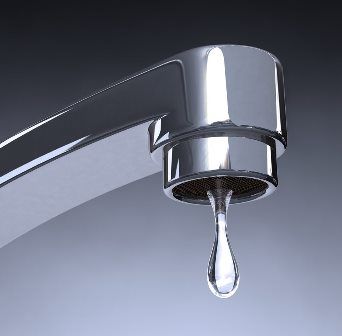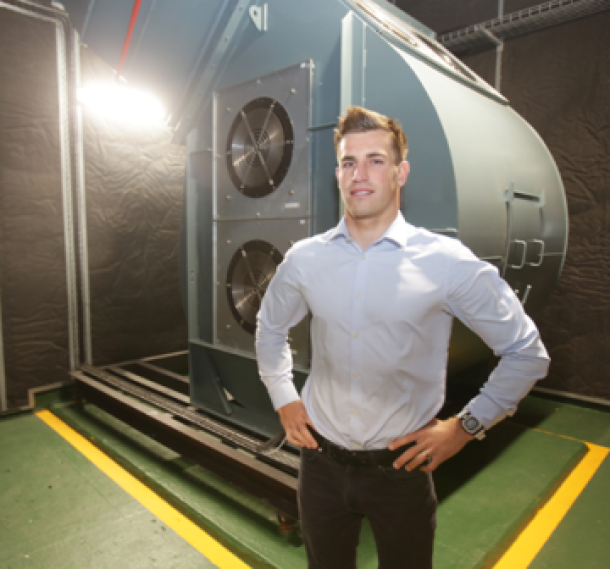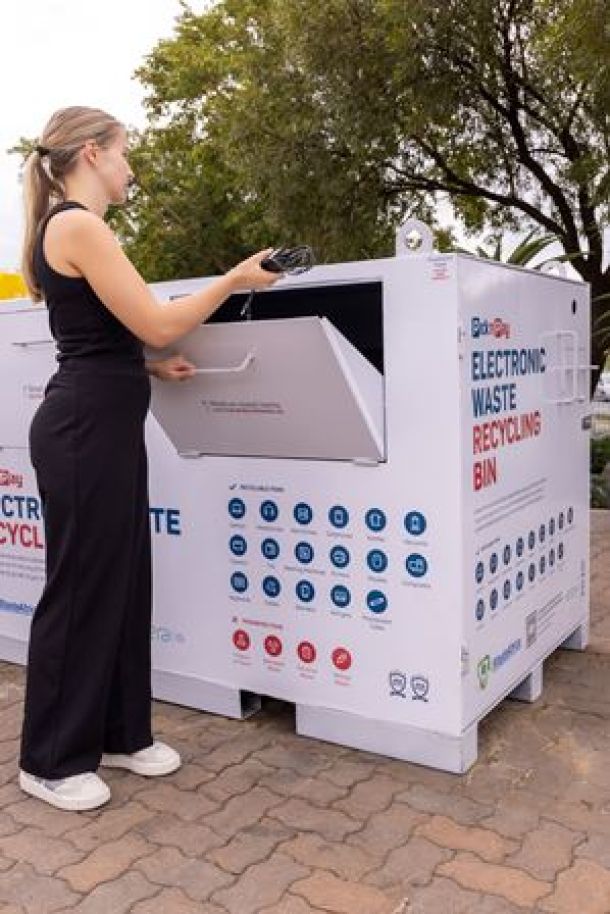
Massmart implements early leak detection technology, saving 15 million litres of water in 2023
As the world celebrates World Environment Day, Massmart has shared its ongoing commitment to saving water in its operations.
This is motivated by the fact that South Africa is a water-scarce country, where it is estimated that 70 million litres of clean drinking water are lost each day to leaking infrastructure.
The group’s water-saving initiatives include the deployment of Massmart-owned atmospheric water generators to large standalone stores during times of extreme water stress. These generators capture humidity from the air and convert it into potable water.
Similarly, refrigeration condensate harvesting is deployed at 15 Makro sites, where condensate from refrigeration units is captured and used for non-potable water needs. By contrast, stores in higher rainfall areas harvest rainwater that is, for example, used in Builders stores to irrigate their plant nurseries.
The initiative that has delivered the highest water-saving benefits has, however, been early leak detection. This has become a key focus area within the past three years as the result of aging municipal water reticulation infrastructure.
Commenting on the group’s efforts to detect leaks, Nicole Atcheson, the Environmental Sustainability Manager responsible for water conservation at Massmart says, “Approximately 40% of municipal water in South Africa is lost to leaks, and given the concerns about a lack of consistent supply of water in some parts of the country, we have placed particular emphasis on the early detection of leaks in high water usage stores, home offices and Distribution centres that collectively account for approximately 57% of all our facilities.”
Through 24/7 water consumption tracking using ultrasonic water meters, this initiative detects leaks in real-time, which Massmart estimates enabled potential water loss savings of approximately 15 million litres of water during the 2023 calendar year.
The process involves intelligent, automatic monitoring of site water usage based on historical water consumption profiles. When a leak occurs, the system picks it up straight away and generates an alert that remains active until the water leak is resolved.
Atcheson concludes, “I find this project really rewarding not only because of the positive environmental impact but also because it allows us to lower our municipal water consumption bill, which assists the group to save money that we are able to pass on to our customers through lower prices, which is a fantastic outcome for retail sustainability professionals.”
News Category
- International retailers
- On the move
- Awards and achievements
- Legislation
- Wine and liquor
- Africa
- Going green
- Supplier news
- Research tools
- Retailer trading results
- Supply chain
- Innovation and technology
- Economic factors
- Crime and security
- Store Openings
- Marketing and Promotions
- Social Responsibility
- Brand Press Office
Related Articles

Pick n pay upcycles air-conditioning systems, s...

Shoprite Group opens pathways to job opportunit...

Pick n Pay empowers shoppers in the fight again...

Woolworths launches Farming for the Future camp...


